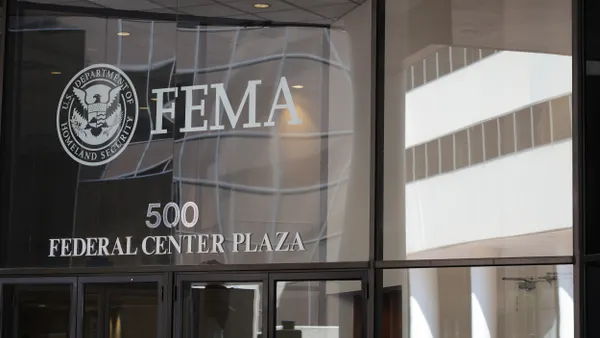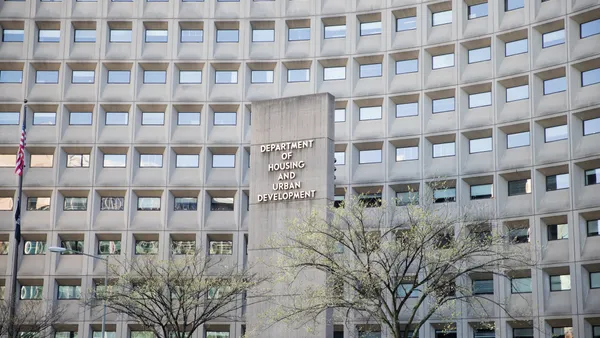Dive Brief:
- The World Bank and environmental advocacy group Global Environmental Facility (GEF) announced the launch of a new Urban Sustainability Framework during the World Urban Forum. The guide is designed to help cities become more sustainable through a "four-stage approach": create a vision for that sustainability, determine financing to put plans into practice, monitor, and evaluate implementation.
- The framework lays out six key dimensions of urban sustainability: governance and integrated planning, financial sustainability, economic competitiveness, environment and resource efficiency, low carbon and resilience and social inclusiveness.
- "We are confident that through this collaboration, a shared vision and common approach to urban sustainable development can be forged," GEF CEO and chair Naoko Ishii said in a statement. "We invite cities to use the framework to meet the challenges they face today and in the coming decades, and we enthusiastically look forward to the collaborative efforts to adopt an integrated approach to urban sustainability."
Dive Insight:
While sustainable development is an obvious priority for any smart city, executing plans that promote sustainability are often more difficult than they seem. The benefits of sustainable investments and sourcing have been continuously touted by experts and planners, though many cities just need a push in the right direction.
The intention of the guide is to provide a clear roadmap for cities wishing to become more sustainable, and the emphasis on sustainable funding means cities must show they will be good stewards of local tax dollars in launching such projects. Local tax dollars are already often stretched by existing demands, therefore having a framework in place can help cities be forward-looking while at the same time cognizant of the funding pressures that are likely to exist.
The framework is part of a larger collaboration that allows city leaders to share knowledge on sustainable urban planning, called the Global Platform for Sustainable Cities, launched by the World Bank and GEF in March 2016. That tool allows cities to share ideas and their experiences of sustainability projects on topics including urban planning, how to reduce carbon emissions, transit-oriented development and more.
The World Urban Forum, hosted this year in Kuala Lumpur, Malaysia, spurred other smart cities-related strategic initiatives focused around resiliency and development. 100 Resilient Cities announced a Resilience Accelerator, while other smaller, though highly-anticipated, partnerships were unveiled.










